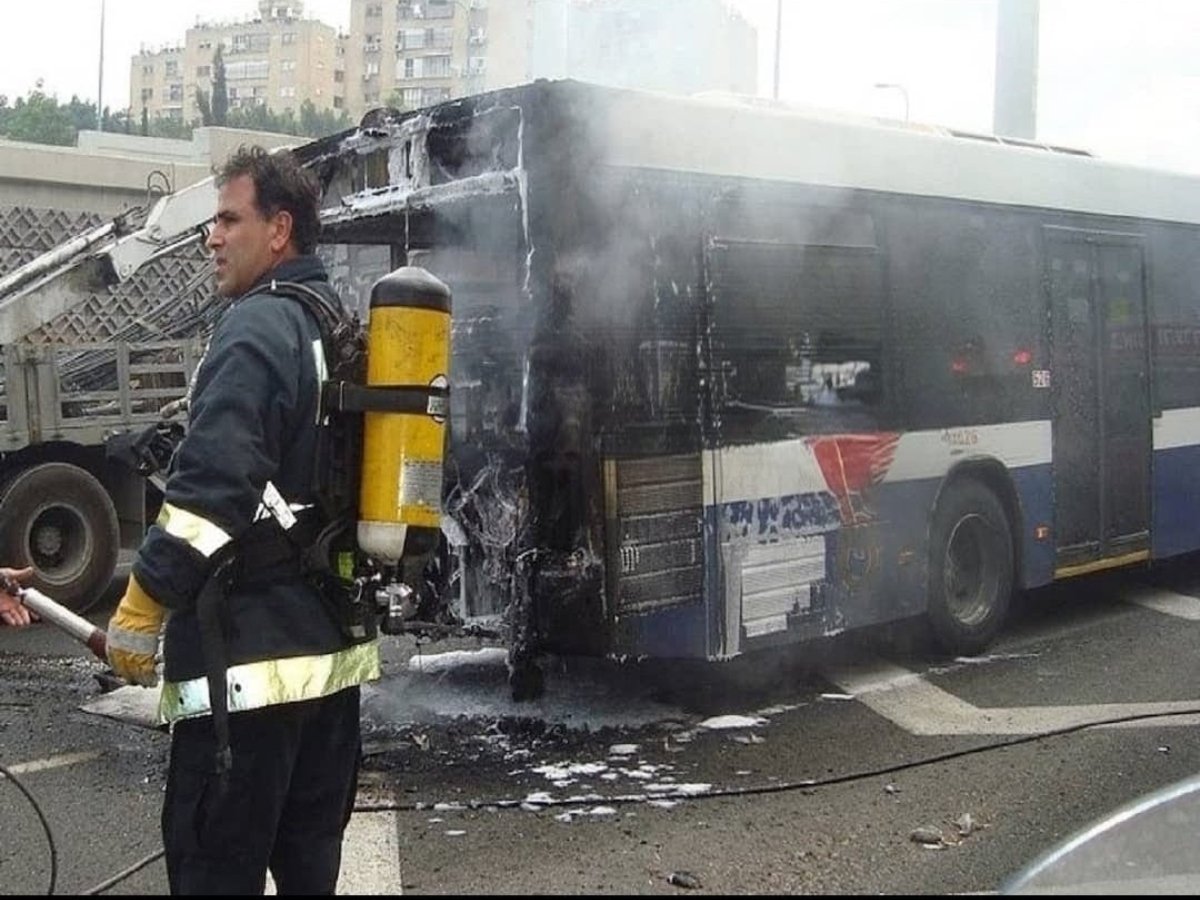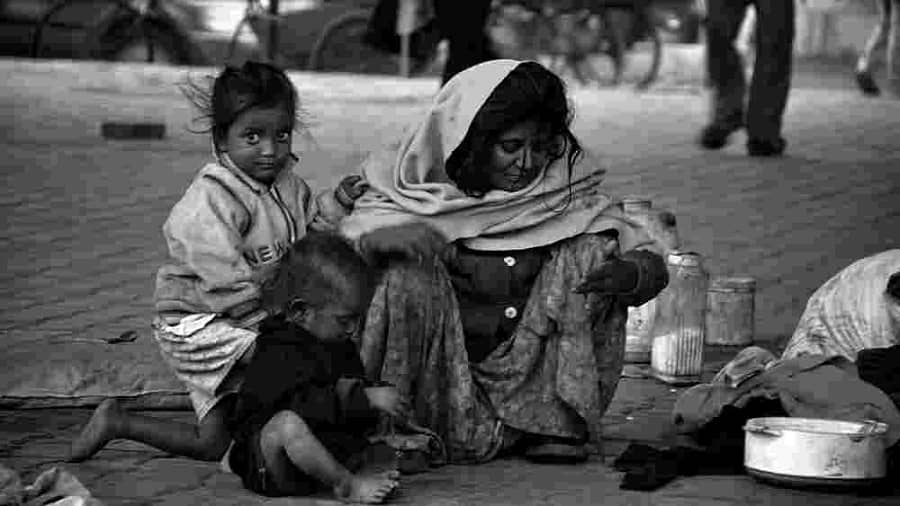42 Indian Umrah Pilgrims Feared Dead in Bus-Tanker Collision Near Medina, Saudi Arabia
By: Javid Amin | 16 November 2025
A Devastating Accident
On 17 November 2025, what was meant to be a sacred pilgrimage turned into a nightmare for many Indian families. At least 42 Indian Umrah pilgrims are now feared dead after a bus carrying them collided with a diesel tanker near Medina, Saudi Arabia. The tragedy has struck particularly hard in Telangana, India, where several of the victims are believed to have hailed from.
The Telangana government sprung into action, setting up a control room and coordinating with the Indian Embassy in Riyadh. Chief Minister Revanth Reddy reportedly alerted New Delhi and instructed local officials to work closely with embassy authorities to get clarity, support, and potentially repatriation underway.
As grief and shock ripple through communities, key questions emerge: How did this accident happen? Who exactly were the victims? And what steps are both Indian and Saudi authorities taking in response?
What We Know So Far: Key Facts & Claims
The Incident
-
According to Indian media reports, the bus was carrying Umrah pilgrims from Mecca to Medina when the tragic crash occurred.
-
The collision was with a diesel tanker, a detail underscored by the fact that the bus caught fire, leading to the “charred” description of the victims.
-
Initial reports strongly suggest 42 Indian nationals died, though formal identification is ongoing.
-
Several of the deceased are believed to be Hyderabad residents: Telangana’s Information Technology Minister, D. Sridhar Babu, indicated that at least 16 of those feared dead were from Hyderabad, particularly from the Bazarghat area of Mallepalli.
-
Asaduddin Owaisi, Member of Parliament from Hyderabad, said he contacted the Indian Embassy in Riyadh. He also urged the Union Government (especially External Affairs Minister S. Jaishankar) to ensure the bodies are repatriated and any injured pilgrims receive proper care.
Government Response
-
The Telangana government has confirmed it is in touch with the Indian Embassy in Riyadh and has set up a control room to assist the affected families.
-
The Chief Minister has reportedly informed central authorities and emphasized close coordination with diplomatic channels to manage the aftermath.
-
At the same time, travel agencies based in Hyderabad are said to be cooperating, sharing the passenger list with the embassy so that the identities of the deceased can be verified.
Why Such Accidents Are Not New
Though this particular crash is still under active investigation, it comes against the backdrop of a pattern of pilgrim transport road accidents in Saudi Arabia:
-
In October 2019, a bus carrying pilgrims collided with a heavy vehicle near Medina, killing 35 people.
-
That 2019 accident also involved a chartered bus with Asian and Arab pilgrims.
-
More recently, in March 2023, a bus carrying Umrah pilgrims in Saudi Arabia crashed in Asir province, killing at least 20.
These tragic patterns highlight the complexity and risk associated with mass pilgrim transportation, particularly on busy road routes between holy cities like Mecca and Medina.
The Human Cost: Families, Faith, and Fear
This tragedy isn’t just about numbers — it’s deeply personal for the affected families, especially in Telangana:
-
For those from Hyderabad, the news has sparked horror and grief in tight-knit communities. Many are now waiting desperately for confirmation of the victims’ identities.
-
Religious Significance: These were pilgrims undertaking a sacred journey; for them and their families, the crash is not merely an accident but a profound spiritual and emotional blow.
-
Diplomatic Anxiety: The Indian Embassy in Riyadh is under pressure — to verify the dead, facilitate consular support, and oversee repatriation if needed.
-
Political Calls: Leaders like Owaisi are demanding swift government action, both to honor the dead and care for any survivors.
Broader Implications: Road Safety, Pilgrim Travel & Accountability
Road Safety Risks for Pilgrims
-
Pilgrim transport in Saudi Arabia is a massive logistical challenge. Millions travel to Mecca and Medina, often in charter buses on long highways. Accidents like this amplify concerns about vehicle safety, driver training, and regulatory oversight.
-
The involvement of a diesel tanker raises crucial safety questions: Why was the tanker on that route? Was it loaded securely? Were proper traffic and safety norms followed?
Role of Travel Agencies
-
Travel agencies coordinating Umrah trips have a tremendous responsibility. They must ensure not only visas and accommodation, but also safe and reliable transport.
-
If any negligence is found (e.g., inadequate vehicle checks, poor coordination), there could be legal and reputational consequences for those agencies.
Diplomatic and Government Accountability
-
The Indian government, both at the state and central levels, is expected to coordinate repatriation, provide financial and consular support, and ensure transparent communication.
-
There may be calls for a more formal inquiry, especially if systemic failure is suspected in how pilgrim transport is organized.
Insurance and Compensation
-
For victims and their families, the question of compensation becomes central. Are there insurance policies covering these pilgrimage buses? What compensation mechanisms will be triggered for these 42 (suspected) deaths?
-
Long-term, this may prompt a review of insurance norms for pilgrim transport, mandatory safety standards, and financial protection for families.
Challenges Ahead & What Needs to Be Done
Here are some of the major challenges and potential actions that need to follow in the wake of this tragedy:
-
Identification & Repatriation
-
Fast-tracking verification of the dead: ensuring DNA or other reliable identity checks.
-
Coordinated repatriation protocol through Indian Embassy, state government, and families – with dignity, speed, and transparency.
-
-
Support for Families
-
Setting up helplines, financial support, and counseling services for bereaved families.
-
Regular updates from the Indian Embassy to the families on the status of investigations, repatriation, and compensation.
-
-
Diplomatic Engagement
-
India must press Saudi authorities for a detailed investigation, especially if negligence is suspected.
-
Ensuring that pilgrim safety is a topic of bilateral engagement, especially during peak Umrah and Hajj seasons.
-
-
Regulating Pilgrim Travel
-
Tightening regulation of travel agencies involved in pilgrim transport.
-
Mandating safety audits for buses and vehicles used for pilgrim transport, especially during long pilgrim routes.
-
Ensuring that drivers are properly trained, licensed, and aware of the special demands of pilgrim transportation.
-
-
Insurance & Compensation Reform
-
Urging both Indian and Saudi regulators to mandate robust insurance for pilgrim transport operators.
-
Creating standard compensation guidelines for families of deceased pilgrims, possibly via government-backed schemes or bilateral frameworks.
-
-
Raising Awareness
-
Before embarking on Umrah or Hajj, pilgrims should be informed about transport risks, what to ask their agencies, and how to check for safety credentials.
-
Community-level campaigns in India (especially in states sending large numbers of pilgrims) to educate prospective pilgrims about choosing reputable operators.
-
Risks, Uncertainties & What We Still Don’t Know
While the core facts are emerging, many uncertainties remain:
-
Exact Cause of the Crash: It’s unclear if the collision was due to driver error, mechanical failure, road conditions, or tanker negligence.
-
Verification of Death Toll: “Feared dead” means the number is not yet fully confirmed. The process of identifying remains could take time.
-
Survivors: It’s not yet clear if there are survivors, and what their condition might be.
-
Legal and Financial Accountability: Whether travel agencies, the bus operator, or the tanker company could be held liable is not yet established.
-
Government Response Long-Term: How India and Saudi Arabia will collaborate on pilgrim safety — beyond this particular incident — is yet to be seen.
Bottom-Line: A Moment of Mourning, But Also a Call to Action
The reported death of 42 Indian pilgrims in a bus-tanker crash near Medina is a devastating tragedy. For families in Telangana and beyond, it is a deeply personal loss. For the Indian government, it is a solemn reminder of the responsibility it holds toward its citizens — especially those undertaking sacred journeys. And for Saudi authorities and travel operators, it raises urgent questions about safety, regulation, and accountability in pilgrim transportation.
This tragedy should not be another distant news item. It must become a turning point — where both India and Saudi Arabia commit to stronger oversight, better safety standards, and more transparent support for pilgrims and their families.
Above all, the focus now must be on the human cost: helping the bereaved, caring for any injured, and ensuring that the souls lost on this journey are honored with dignity, justice, and remembrance.



